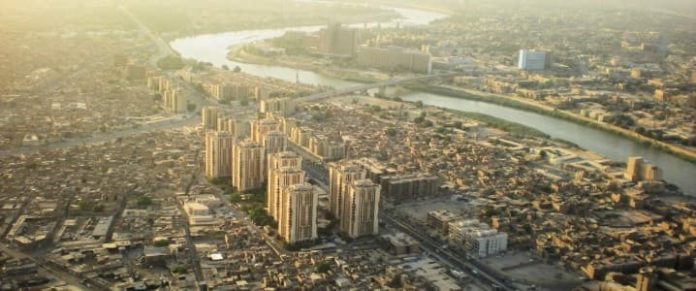Iraq is set to hold a fifth bidding round for exploration and development of natural gas fields in an eastern province of the country.
Iraq has approved contracts for exploration for the fifth round, Reuters quoted the government as saying in a statement.
In a previous bidding round in 2018, no international oil major won any exploration and development contracts in Iraq’s auction of 11 oil and gas blocks, as the bidding attracted just one—unsuccessful—bid by a major company, Eni, while other Big Oil firms decided not to bid.
Iraq awarded six of the 11 blocks to Middle East and China-based companies, while five of the exploration areas up for grabs failed to attract any bids.
The exploration contracts in the fifth round will be for fields in the province of Diyala in eastern Iraq, which are expected to produce over 750 million cubic feet of natural gas within three years.
Much of the gas and associated gas produced in oil wells in Iraq is currently being flared, which costs Iraq potential revenues from gas sales. Due to insufficient capacity to process its own gas, Iraq imports natural gas for its needs from its neighbor Iran.
Major Iraqi power plants are dependent on Iranian natural gas supply, and Iraq also imports electricity from Iran, as Baghdad’s power generation is not enough to ensure domestic supply.
Iraq may have serious problems in securing its energy needs if the United States doesn’t extend a waiver for an Iraqi bank to process payments for Iraq’s imports of electricity and natural gas from Iran, the head of the Iraqi bank told AFP earlier this week.
The U.S. has regularly extended the waivers for Iraq to continue buying natural gas and electricity from Iran, even after the U.S. slapped sanctions on Iran and continued to ramp up those sanctions over the past year.
The waiver for the Iraqi bank handling the payments to Iran in Iraqi dinars expires next month. If the U.S. doesn’t extend the waiver, the bank—Trade Bank of Iraq (TBI)—will stop processing payments, the head of the bank Faisal al-Haimus told AFP on Tuesday.
Source: www.energynewsafrica.com
















